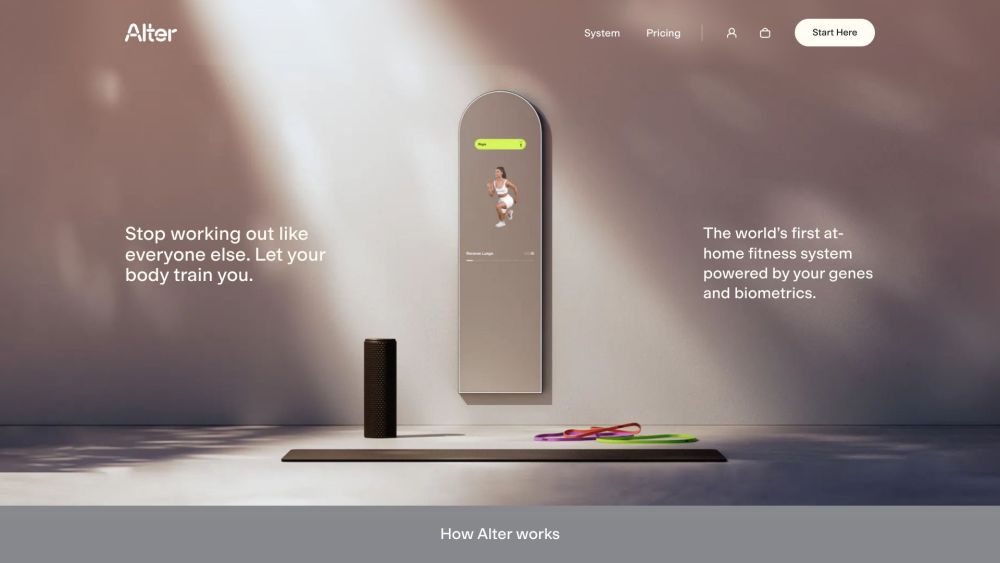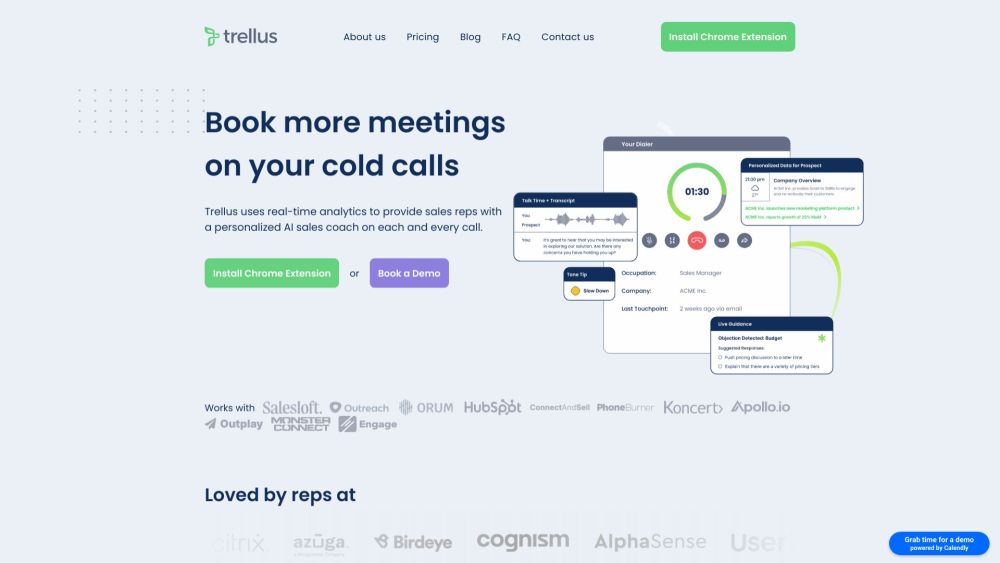The human brain remains one of the last frontiers—a paradoxical black box that we are only beginning to comprehend. But what if AI could unravel its complexities to identify and diagnose critical diseases?
Introducing Piramidal: A Breakthrough in Brainwave Interpretation
Piramidal, a Y Combinator-backed startup, is pioneering a unique foundation model designed to interpret intricate "brain language" through brainwaves. This innovative technology is poised to enhance various electroencephalography (EEG) applications and extend its influence across medicine, pharmacology, and consumer products. The company recently secured a $6 million investment from prominent venture firms including Y Combinator, Adverb Ventures, Lionheart Ventures, and angel investors from companies like Intercom, Plangrid, and Guilded.
“We’re training an AI model on brainwave data in a manner similar to how ChatGPT is trained on text,” stated Kris Pahuja, Piramidal co-founder. “It is the largest model ever trained on EEG data.”
Addressing the Shortage of Neurologists
Currently, patients with brain-related conditions undergo EEG monitoring, but the data interpretation relies heavily on neurologists, which is a slow and error-prone process, with possibly a 30% margin of error. Pahuja highlighted the acute shortage of neurologists in the U.S., especially those skilled in EEG interpretation. During intensive care, patients’ brain activity is recorded for days, yet the sheer volume of data makes comprehensive review impractical. Physicians often resort to sampling, risking missed diagnoses.
EEG data is notoriously challenging to decipher due to its high complexity and variability. Unlike static MRI scans, EEG readings fluctuate rapidly—thousands of changes occur every second across multiple channels. As Pahuja remarked, even trained specialists can overlook critical details, given that many only focus on specific areas like epilepsy or brain injury.
Advancements in EEG Analysis
Piramidal aims to train its model to rival an expert neurologist's expertise while automatically analyzing ongoing EEG readings. The company is initially optimizing its model for neuro ICUs, enabling near-real-time interpretation of EEG data. This advancement will assist medical staff in promptly diagnosing conditions such as seizures, brain bleeding, and other brain dysfunctions.
“It serves as a vital assistant to the doctor,” Pahuja emphasized, highlighting the potential for quicker, more accurate diagnoses that can expedite patient care and ultimately reduce healthcare costs.
Transforming Neurology Diagnostics
“Brainwaves are critical for neurology diagnosis,” noted Piramidal’s co-founder and CEO, Dimitris Sakellariou, who holds a PhD in neuroscience. By automating data analysis and leveraging comprehensive datasets, Piramidal aims to enhance personalized treatment strategies and facilitate earlier disease predictions. As wireless EEG sensors become widespread, their models could pave the way for personalized agents that monitor brain health continuously.
“These agents will provide real-time insights into patient responses and disease progression,” Sakellariou added.
Piramidal’s model has analyzed a diverse array of EEG use cases from both proprietary and open-source datasets, helping identify both known and novel biomarkers for various neurological disorders. The startup is currently piloting its technology in hospitals in England, namely King’s College and Saint Thomas.
Pahuja affirmed, “No one else is developing an EEG model like ours,” underlining the extensive time and financial investment needed for reliability and generalization.
A Vision Beyond the ICU
While the neuro ICU is its initial focus, Piramidal’s technology has broader applications. Pahuja noted its potential for use in general neurology, epilepsy management, and neuropsychiatry, as well as in various physician clinics for patient screenings. There are also significant applications in pharmacology for real-time treatment assessments, and consumer products utilizing EEG data.
“As technology advances, we can sift through the noise,” he explained.
Looking ahead, Sakellariou envisions a future where everyday devices, such as earphones with neural sensors, enable "quantified introspection." This could allow individuals to track stress levels, enhance meditation techniques, or optimize learning through targeted auditory stimuli during specific sleep stages.
“Personalized agents powered by large-scale models like ours will make this possible,” he stated.
Pahuja described neurotechnology as the next frontier, emphasizing the brain’s complexity and the pressing need to decode its signals. As he put it, "The most intricate thing we have is our brain, yet it remains largely uncharted. Can we find a way to decode its mysteries?"




